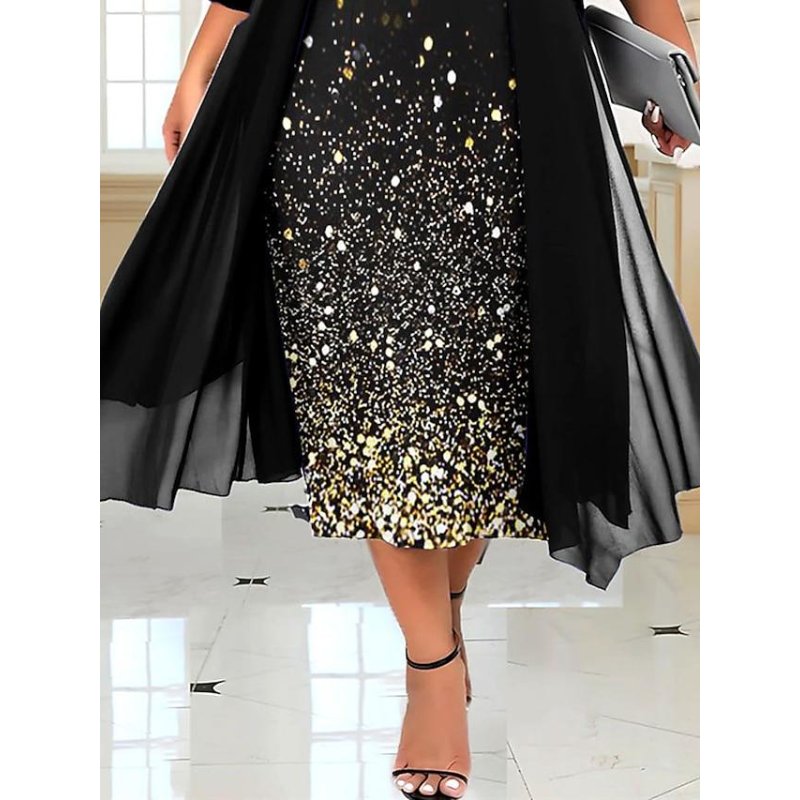Tag: Fashion, Apparel, Textile, Social Change
With the rapid development of society and technology, the clothing industry has undergone significant changes in the past few decades. From traditional handcrafted garments to mass-produced fast fashion pieces, the evolution of clothing has not only affected our wardrobes but also had a profound impact on our daily lives.
The concept of clothing dates back thousands of years when humans first started using animal skins and plant materials to cover themselves. Over time, as civilizations grew and trade routes expanded, different cultures began to develop their own unique styles and techniques for creating garments. However, it wasn’t until the Industrial Revolution that the clothing industry truly took off.
With new advancements in machinery and production methods, clothing was no longer limited to being handmade by skilled artisans. The introduction of factories allowed for larger quantities of clothes to be produced at a faster rate than ever before. This marked the beginning of mass-produced apparel which quickly became more affordable for people from all walks of life.
In today’s modern society, we have seen an explosion in the fashion industry thanks to globalization and technological advancements such as e-commerce. With consumers having access to a wide variety of choices from around the world at their fingertips, there is now an increasing demand for trendy yet affordable clothes.
This phenomenon has given rise to fast fashion – a business model focused on producing low-cost garments that follow current trends and are quickly replaced with newer collections every season. While this may seem like a convenient option for consumers looking for cheap and stylish outfits, it comes at a cost.
The constant turnover in fast fashion leads to overproduction which results in excessive waste that harms both our environment and workers’ rights. Furthermore, with social media promoting unrealistic beauty standards through influencer marketing campaigns sponsored by these brands, many people feel pressured into constantly buying new clothes just so they can keep up with the latest trends.
Fortunately, there has been a growing movement towards sustainable and ethical fashion in recent years. More and more consumers are becoming aware of the impact their clothing choices have on the environment and society. As a result, we are seeing a shift towards slow fashion – an approach that focuses on quality over quantity, promotes fair working conditions, and uses eco-friendly materials.
In conclusion, the evolution of clothing from its humble beginnings to modern-day fast fashion has had a significant impact on our society. With social change comes responsibility for us as consumers to make conscious decisions about what we wear and support brands that align with our values. Let’s strive for a future where clothing is not just fashionable but also ethical and sustainable.

